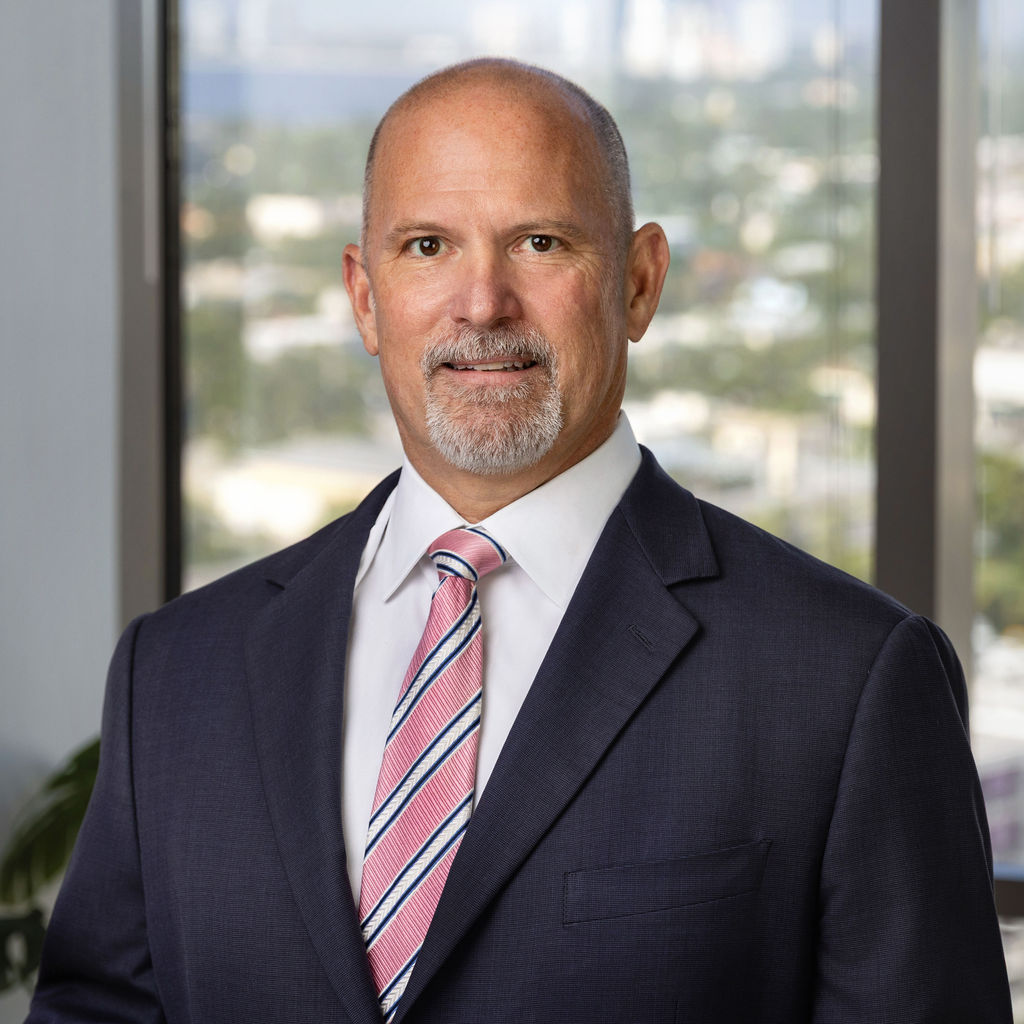Overview
When the stakes are high but a courtroom isn’t the smartest arena, mediation can deliver results that are quicker, quieter, and fully tailored to your business goals. TCBG is a trial firm—our mediation practice blends hard‑won litigation insight with the creativity and control that only a negotiated resolution can offer.
If you’re weighing mediation—or just want it done right this time—here’s the playbook.
Mediation in Florida–What It Is, What It Isn’t
Mediation is a confidential, nonbinding negotiation led by a neutral third party. The mediator doesn’t decide the case; the parties do. That neutrality and confidentiality let businesses and individuals test settlement ranges, float creative options, and speak candidly without handing ammunition to an opponent in court.
What mediation isn’t: It’s not a mini‑trial. There is no judge, no jury, and no formal evidence ruling. It’s also not therapy; emotions matter in conflict, but the goal is a deal that withstands scrutiny. Finally, mediation isn’t surrender. Used strategically, it’s a pressure valve that can end a dispute on your terms—sometimes even strengthening relationships instead of burning them down.
Why Clients Choose Mediation (Even When They Can Win at Trial)
Even parties confident of a courtroom win often pick mediation because it delivers something a verdict can’t:
- Speed and Cost Control: Litigation cycles can swallow months (or years) and hundreds of thousands in fees. Mediation compresses the timeline and lets you redirect spend to core operations, expansion, or recovery.
- Privacy and Brand Protection: Court filings are public. Mediation sessions and term sheets are not. Sensitive financials, trade secrets, or allegations stay off the internet.
- Business‑Driven Outcomes: Courts can award or deny money. Mediation can restructure contracts, craft licensing deals, phase payments, secure apologies, or create joint ventures—solutions a judge can’t order.
- Relationship Salvage: Sometimes you want to keep doing business; you just need to fix what went wrong. Mediation allows for face‑saving resolutions.
- Risk Management: Even a strong case carries trial risk. Mediating with leverage intact can hedge downside while preserving upside through well‑designed contingencies.
Our skilled mediation attorneys in Florida mediate disputes the week before trial, during appeals, and even pre‑suit when both sides wanted confidentiality above all. The common thread: intentional, disciplined preparation.
The Kinds of Disputes We Mediate
Mediation works across almost every civil dispute you can name as well admiralty and maritime disputes. If there’s money at stake, relationships to preserve, reputations to protect, or risk to cap, we’ll mediate.
If it involves leverage, liability, or long‑term relationships, we can mediate it. We sort what should settle, what should litigate, and what needs a hybrid solution—so you leave with a deal that functions in the real world.
Choosing the Right Mediator
The mediator you pick can unlock a deal—or waste a day. Florida makes mediation easy to use, but not everyone can serve in every setting. Under Florida Statutes Chapter 44 and the Florida Rules for Certified and Court‑Appointed Mediators, courts rely on neutrals who meet training, ethics, and continuing‑education requirements.
The Florida Supreme Court certifies mediators in five tracks (county, family, circuit civil, dependency, and appellate). Outside a court order, parties are free to choose any neutral—but if your case is court‑ordered, you’ll want someone who is certified (or otherwise approved) so the agreement sticks and the judge signs off.
All neutrals are not created equal. The right pick depends on the dispute’s subject matter, personalities, and strategic needs.
- Real Subject-Matter Fluency: A retired judge may project authority, but a mediator who truly understands IP licensing, construction change orders, or equine lien law can cut through posturing fast. We match specialization to the dispute.
- Process Skill: Evaluative vs. Facilitative Tools: Some mediators reality‑check numbers and assign risk (evaluative). Others focus on communication and option‑building (facilitative). The best can switch gears mid‑session. We pick the style that will move your
- Persistence and Follow‑Through: Complex cases rarely close by 5 p.m. We favor neutrals who keep shuttling proposals after the session and won’t ghost when the last offer is “close.”
We don’t “slot in” a neutral. We engineer the choice so the day is spent negotiating, not educating. You need counsel to build leverage before the session, manage information flow in caucus, draft enforceable terms on the spot, and pivot to litigation if talks stall.
Mediation Within a Larger Dispute Strategy
Mediation is a timing tool. Used early, it can cap fees and keep facts private; used late, it can leverage a favorable ruling or looming trial date. Florida courts often mandate mediation, but we treat it as a weapon, not a checklist item. Sometimes we mediate pre‑suit under tight NDAs, sometimes during summary‑judgment briefing, and sometimes post‑verdict to stop an appeal or enforce compliance.
The key is leverage mapping: when are you strongest, and what do you risk by waiting? We answer that, then slot mediation where it maximizes pressure and minimizes bleed.
Speak with Our Florida Mediation Lawyer
You don’t have to pick between years of litigation and a flimsy handshake. With TCBG, you mediate from leverage—backed by facts, Florida law, and a settlement structure that’s enforceable.
Call +1 (813) 834‑9191, visit 100 N. Tampa St., Suite 1900, Tampa, FL 33602, or send a confidential message through our site. Let’s convert your dispute into a workable deal—on a schedule and budget you control.


